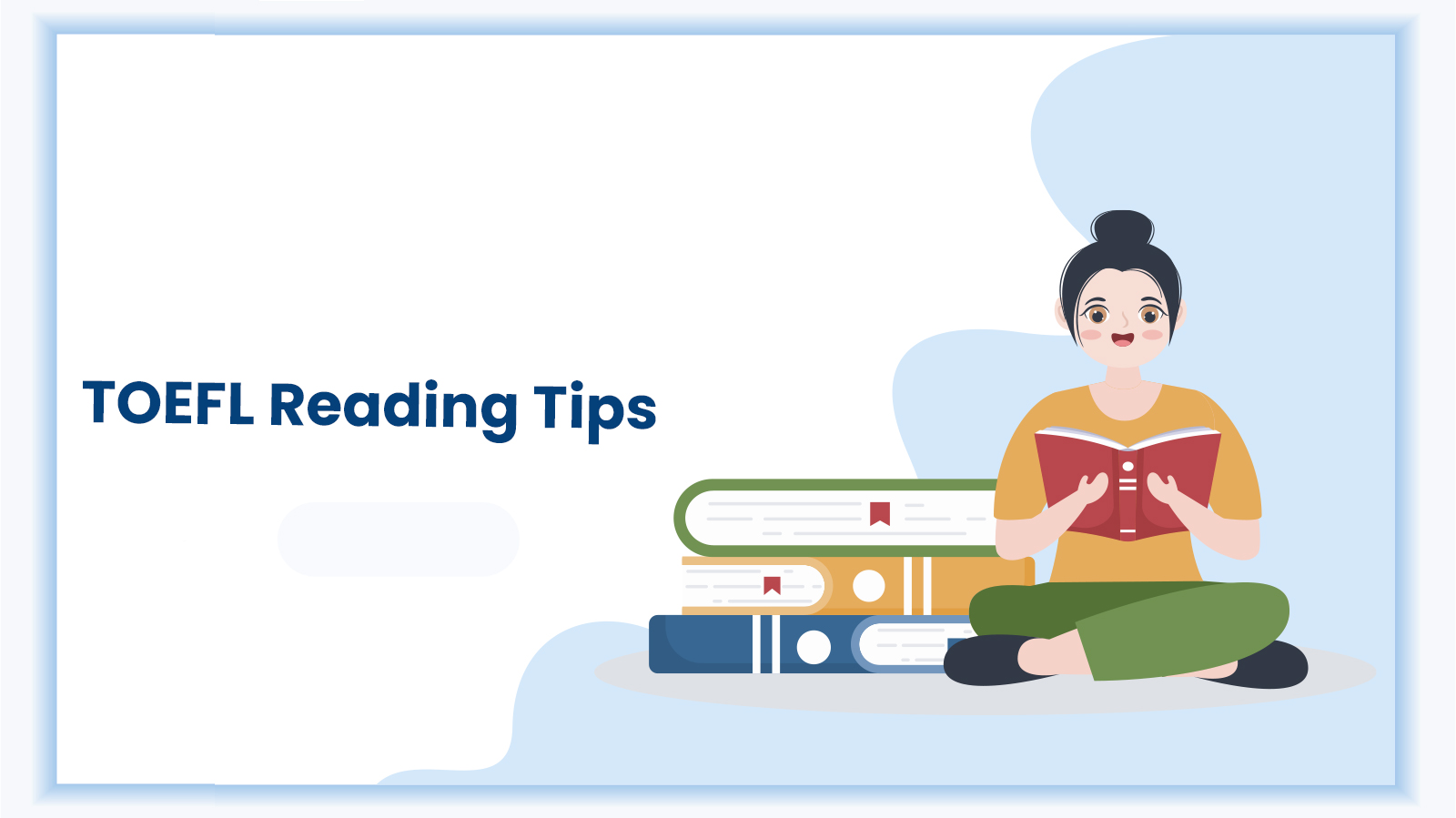The TOEFL test can be a major hurdle for students aiming to study abroad. The reading section in particular can feel challenging with unfamiliar topics and academic vocabulary. But don’t be afraid! Here are tips and tricks you can use to build the knowledge and confidence to ace the TOEFL Reading section:
Understand the Format and Question Types
Familiarise yourself with the format. Typically you will encounter 3-4 reading passages, each containing 10-12 questions. Test these questions as much as you can:
- Look at the big picture: Can you identify the main theme and points of a paragraph? Let’s talk about the history of artificial intelligence.
- Find the evidence: Look for data that supports the author’s claims, such as the impact of AI on businesses?
- Read between the lines: Can you draw conclusions from the information provided, even if it is not explicitly stated? For example, can you imagine the potential challenges of using AI on a large scale?
- Vocabulary Expert: Can you analyze context for unfamiliar terms such as “heuristics” or “singularity” to understand them in the passage?
Pre-reading strategies: Activate your knowledge
Before diving into the section, take some time to activate prior knowledge. To get a general understanding of the topic, examine the title, introduction, and title summary. This helps you make connections and predictions about what you’re about to read.
Active Reading Strategies:
As you read, emphasise or highlight important points, such as the main idea, supporting information, words, and so forth, that you are not familiar with. Write short notes or questions in the margin to help retain key points and understand relationships between ideas.
Deciphering Vocabulary in Context
Don’t get slowed down by unusual words. Use context clues to infer their meaning. Look for synonyms, antonyms, or definitions within the sentence or surrounding paragraphs.
Develop a Strategy
Each question kind requires a selected technique:
- Main Idea: Identify the sentence or paragraph that summarizes the primary purpose of the passage.
- Supporting Data: Locate the particular data that backs up claims made in the passage.
- Inference: Draw conclusions primarily based on the facts offered, even if no longer explicitly stated. Pay attention to cause-and-effect and logical reasoning.
- Vocabulary in Context: Use context clues inside the sentence or surrounding paragraphs to understand the meaning of unfamiliar words.
Time Management
Effective time management is important in the TOEFL Reading section. Allocate time for each passage and query proportionally. Don’t get stuck on one question. If you’re unsure, mark it for assessment and move forward. You can usually come back later if time permits.
Hone Your Skills with Sample Tests
Utilize professional TOEFL practice tests and resources to familiarize yourself with the format, question types, and pacing. Taking timed practice assessments helps you develop your reading speed, comprehension, and test-taking strategies.
Develop Your General Reading Skills
Improving your normal reading comprehension can benefit your TOEFL preparation.Engage in regular reading of academic articles and publications on a variety of topics. This expands your vocabulary and strengthens your ability to analyze and understand complex texts.
Want to boost your TOEFL Speaking score? Check out our blog – TOEFL Speaking Tips and learn how to achieve 25+ effortlessly!
TOEFL Training in Dubai – DG Training
DG Training, a leading training institute based in Dubai, offers comprehensive TOEFL training designed to equip you with the skills and strategies you need to excel in all sections of the exam, including Reading.
Our courses are led by TOEFL experts with extensive experience in test preparation strategies and proven success records in helping 1000+ students achieve their desired scores. We offer a variety of learning options which includes in-person classes, online courses, and blended learning programs that combine both formats.
Contact DG Training today to learn more about our comprehensive TOEFL Training and how we can help you!
Recommended read: IELTS Vs TOEFL – Factors to Consider



